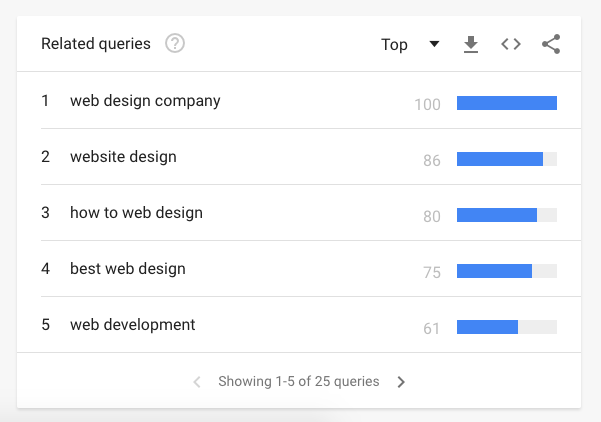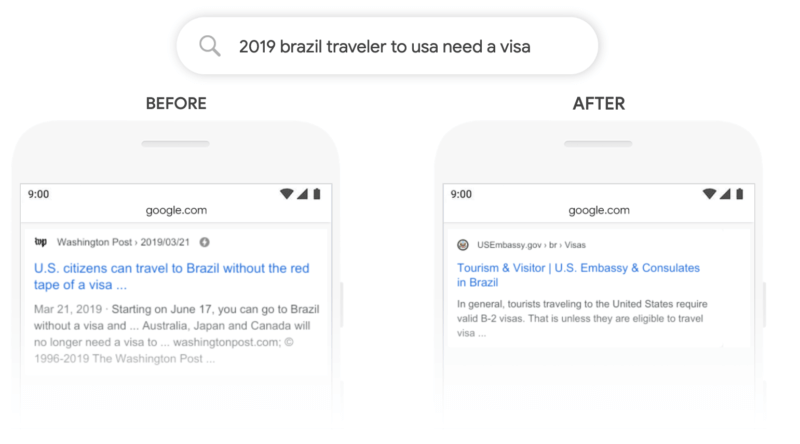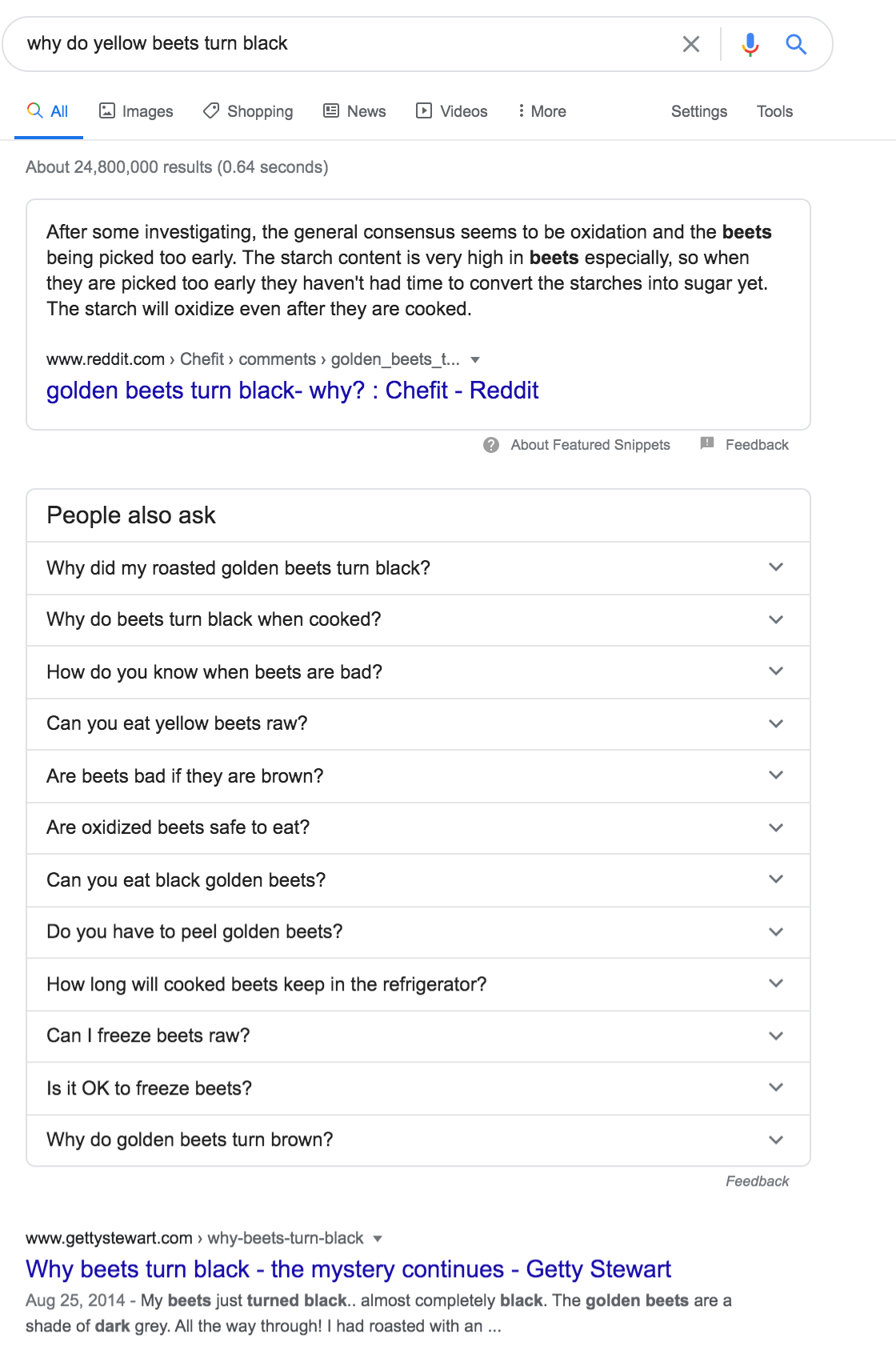Why is SEO Important?
According to a recent study SEO is responsible for roughly half of the traffic to websites. This is because people are typically searching for information on Google before purchasing a product or engaging in a service.When you rank higher for keywords or phrases that people are looking for you will get more clicks. Sounds simple. Right?
In the early days of SEO marketers could simply include keywords in titles of pages, body content and header tags and expect to see their efforts reflected in Google search result pages. These days competition is stiff, and the Google algorithm is far more complex. Let’s look at what factors drive SEO traffic in 2020.

#1 Find Keywords
The first step in any SEO strategy is to figure out what keywords you want to rank for. The easiest thing to do is to imagine yourself as your client and start googling your services. The latest algorithm favours keywords that answer questions or have intention behind them. Try googling phrases that include one of the following: What, Where, When, Who, Why or How. 
#2 Add your keywords to pages
You will need to add the keywords to titles, H1 header tags, alt tags as well as in the body copy of your site. Also, adding links to other pages within your site is an important signal to google about the page content.
#3 Consider the BERT Algorithm when you are writing your content
The biggest change in the Google Algorithm happened in 2019 when Google introduced BERT (Bidirectional Encoder Representations from Transformers). Focus shifted with BERT towards natural language and processing words in a sentence in relation to each other in order to match the intent of the search. This algorithmic change is partly due to increase AI and voice searches.
An example of BERT in action is found on this blog:
Welcome BERT Google Artificial Intelligence for Understanding Search Queries
In the first example they examined the following search terms “2019 Brazil traveller to US need a visa”
Before BERT: U.S citizens can travel to Brazil without the need for a visa
Now with BERT: Tourism & Visitor | U.S Embassy and Consulates in Brazil

You can see that BERT understood the relationship between the words “Brazil” and “Traveller” as well as “to” and “US” whereas before the algorithm was putting higher importance on the actual keywords themselves. This change in focus has led to an increase in focus on natural language which translates into longer form content that is more informal and easier to read than a page built to support a predefined keyword strategy.
#4 Use the SERP ( Search Engine Results Page) as your reference.
Look at the way SERPs organize content. Google has levelled the playing field (sort of) with something called rank zero. Rank zero basically refers to content snippets in the SERP you can rank for even if your website doesn’t rank high for the search term. Take for example, if you were to search a specific phrase like, “why do yellow beets turn black?” You will see a reddit article that answers that specific question but is not ranking in the listed results for that search term. The same is true for all the questions in the content snippet. Google and BERT see this content as so specific to this question they present this information at rank zero ahead of the “Why beets turn black” listing that is number 1:.png)
You will see that you can also show up on the SERP at rank zero organically in a number of different ways through adding a Google My Business account to the map, having google reviews, images, featured snippets, related questions, site links, shopping, videos, and tweets
You'll notice that results show a few distinct content types
- Google Ads
- Featured Snippets
- Image Packs
- Knowledge Cards
- Knowledge Panels
- Local Packs
- News Boxes
- Related Questions
- Reviews
- Shopping Results
- Site Links
- Tweets
- Video Results
Summary
As you can see there is a lot that goes into optimizing your site for Google search results. We have barely scratched the surface but we hope this blog highlights how you should approach SEO in 2020 and what factors to consider when trying to rank.
Alex
Senior Project Manager
Alex has over 10 years of experience managing digital projects with a background in Psychology and Web Design.


